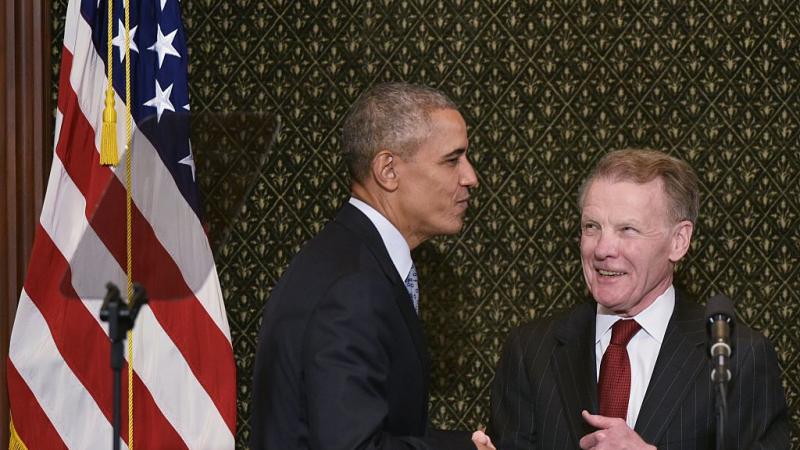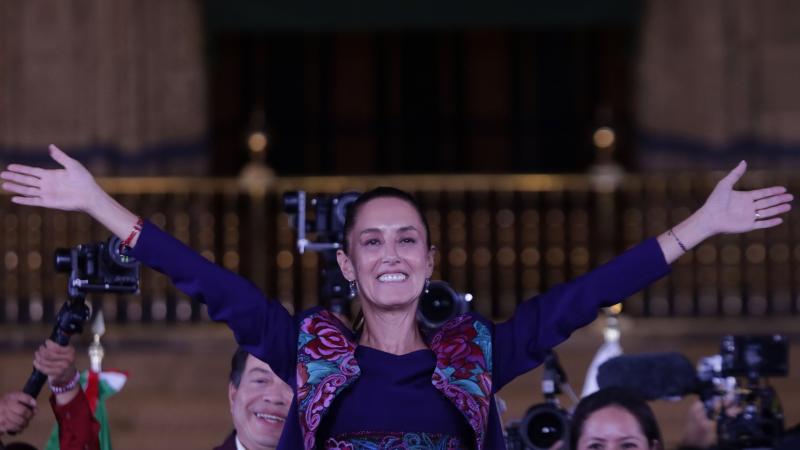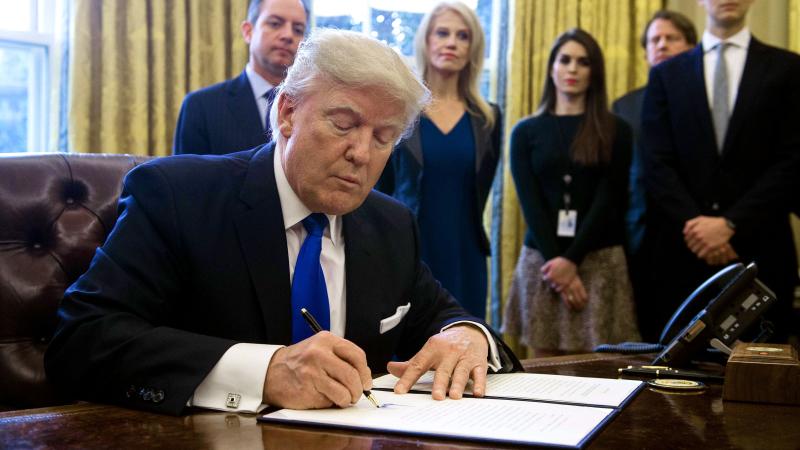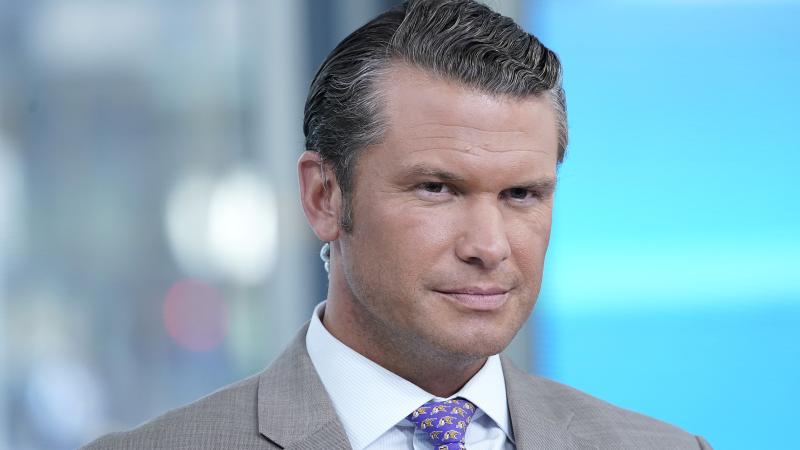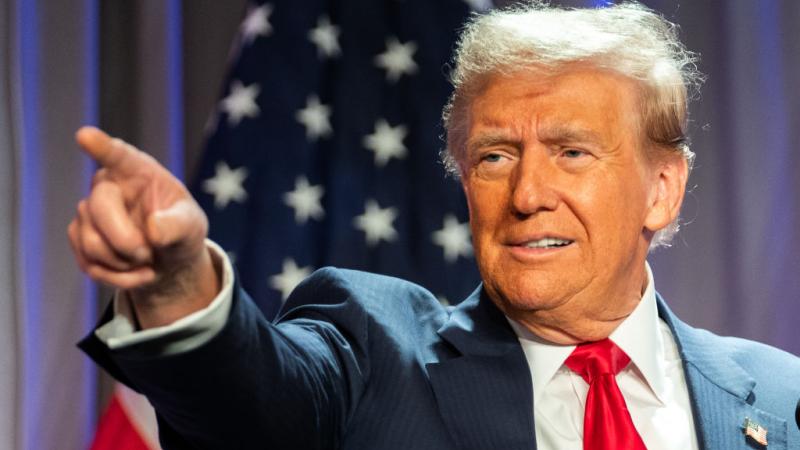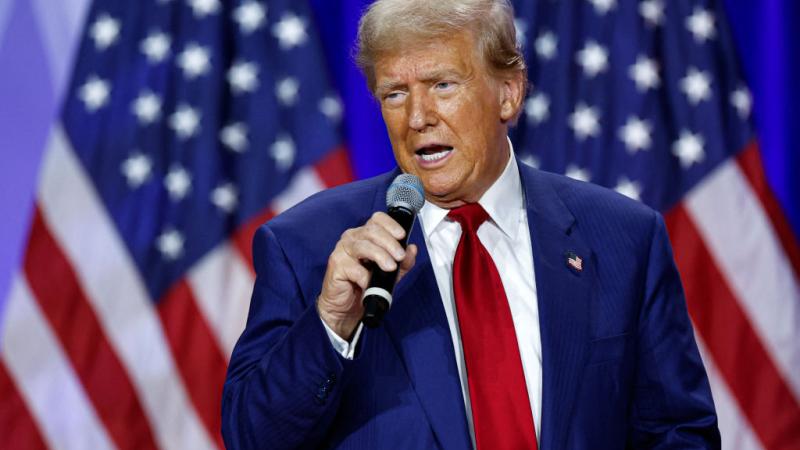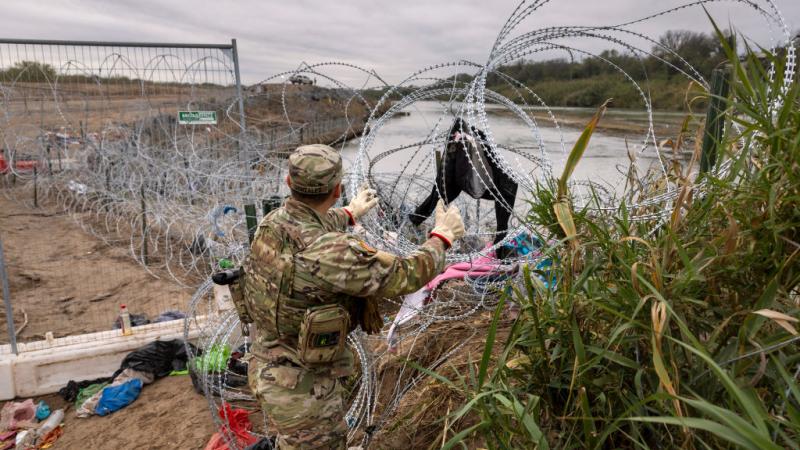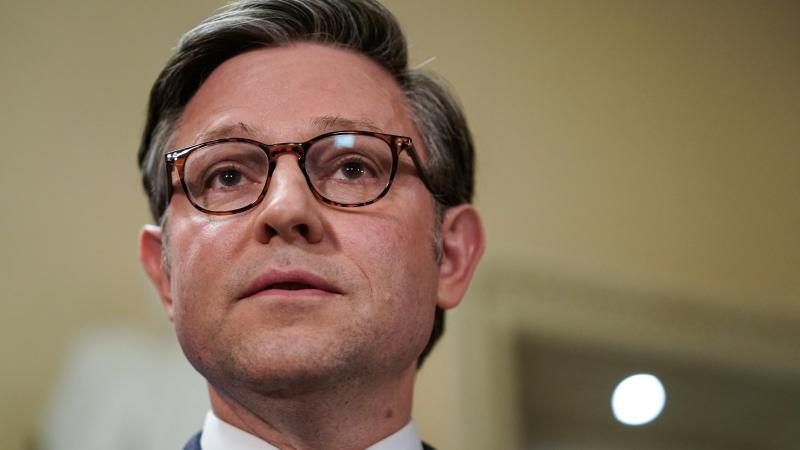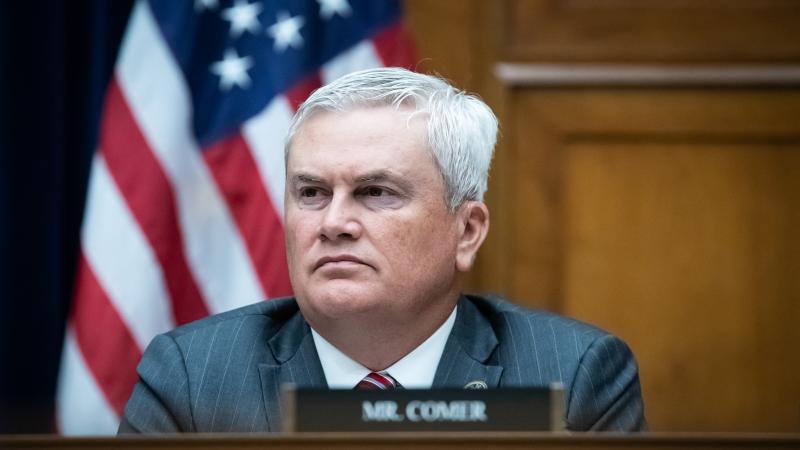Twenty four states call on Supreme Court to ensure noncitizens don’t vote in federal elections
At issue is an Arizona law passed in 2022 that requires all registered voters to provide documentary proof of U.S. citizenship.
A coalition of 24 states have called on the U.S. Supreme Court to ensure that noncitizens don’t vote in federal elections, in accordance with federal law.
They filed a brief with the court in support of an Arizona law requiring proof of citizenship in order to vote. The coalition asked the Supreme Court to issue an emergency stay of a federal district court’s injunction against the law.
The coalition also asks the court to hear the case, Republican National Committee v. Mi Familia Vota, and confirm that states have the right to govern their elections, including requiring voters to show proof of citizenship. Arizona House Speaker Ben Toma, Senate President Warren Petersen and the Republican National Committee have asked the court to allow Arizona to enforce the 2022 law while it is still being litigated.
At issue is an Arizona law passed in 2022 that requires all registered voters to provide documentary proof of U.S. citizenship. A federal district court ruled the National Voter Registration Act preempts state law and prohibits states from implementing such a requirement. The Ninth Circuit Court of Appeals also weighed in on the matter. The coalition argues the NVRA doesn’t preempt state law, doesn’t preempt a state’s right to regulate its presidential elections or restrict how states conduct elections.
Many states, including Florida, require that voters be United States citizens, Florida Attorney General Ashley Moody notes. “However, courts have chipped away at the states’ authority to secure their own elections,” the brief states. “Voting by noncitizens, both legal and illegal, is real. The typical rejoinder is to claim that few noncitizens vote. On its own terms, though, the answer at least acknowledges that the problem persists. But it also ignores that even small voting blocs can have outsized effects on electoral outcomes. That effect is most obvious in local elections.”
Texas Attorney General Ken Paxton said the Supreme Court issuing a stay of the lower court’s ruling is necessary because it “intentionally misrepresents the NVRA” and ignores that states have a “sovereign right to regulate their elections.”
Paxton argued that the Biden-Harris Administration "has intentionally flooded our country with illegal aliens. Without proper safeguards, foreign nationals can and will illegally influence elections at the local, state, and national level. States have a constitutional right and responsibility to ensure that only legal votes from American citizens are counted.”
He urged the Supreme Court to recognize “the urgency of this situation” just three months before the presidential election in November.
Texas Gov. Greg Abbott also reiterated state law in Texas, saying, “To vote in Texas, you MUST be a U.S. citizen. Period. I signed several laws to stop the illegal act of noncitizen voting in Texas' elections. Texas is actively using safeguards to protect citizens' sacred right to vote and stop the crime of illegal voting.”
The coalition raised concerns about noncitizens voting, stating in the brief, “There is every reason to believe this problem of non-citizen voting has gotten worse, as the number of illegal immigrants in the United States has undeniably grown… Each of those illegal aliens represents another possible opening for voter fraud, for each represents a probability – no matter how small – that they will vote illegally.”
The brief cites documented examples of noncitizens voting, stating, “Voting by non-citizens, both legal and illegal, is real. … Even small voting blocs can have outsized effects on electoral outcomes.”
The coalition includes the attorneys general Alabama, Alaska, Arkansas, Florida, Georgia, Idaho, Iowa, Indiana, Kansas, Kentucky, Louisiana, Missouri, Montana, Nebraska, New Hampshire, North Dakota, Ohio, Oklahoma, South Carolina, South Dakota, Texas, Utah, Virginia and West Virginia.
Their appeal comes after the U.S. House passed a bill, the SAVE Act, to ensure that non-citizens aren’t registered to vote in federal elections. A nearly identical coalition of 23 attorneys general called on the U.S. Senate to pass it.
U.S. Rep. Chip Roy, R-Texas, filed the bill after several local Democratic-run jurisdictions announced efforts to register noncitizens to vote, and some, like the District of Columbia, passed measures to allow noncitizens to vote in local elections, The Center Square reported. House Democrats were encouraged to vote against it, and did. Only five Democrats voted with Republicans to pass it.


